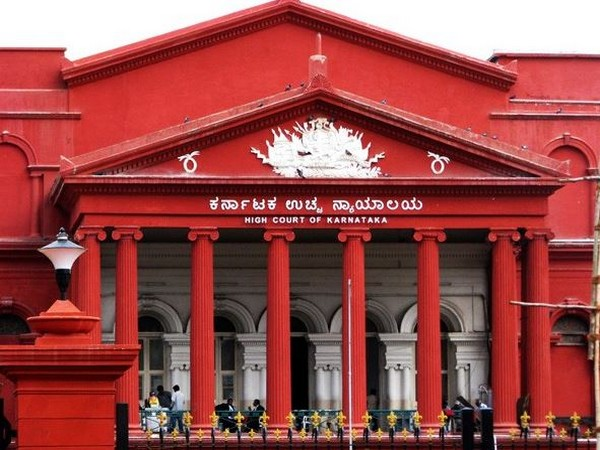Synopsis: The central government’s standing counsel, Dayasindhu Shreehari, who appeared today for the NCC, argued that refusing to register the petitioner under the NCC Act “was not discrimination,” and requested additional time to record his counter-affidavit.
“The world has advanced, you can not remain in the nineteenth century,” Justice Devan Ramchandran of the High Court of Kerala said today while hearing the petition of a transwoman challenging Section 6 of the National Cadet Corps (NCC) Act, 1948.
The petition challenges the legislation to allow only ‘males or females’ to register with the National Cadet Corps as cadets effectively.
The central government’s standing counsel, Dayasindhu Shreehari, who appeared today for the NCC, argued that refusing to register the petitioner under the NCC Act “was not discrimination” and requested additional time to submit its counter-affidavit.
Justice Ramachandran, said that there are definitely three genders, male, female, and transgender.

The lady, the petitioner herein, has agreed to mention her gender as a woman in this case and she has also gone through surgery.
“Even under the NCC Act, nothing prevents you from admitting her as a woman,” the Court emphatically claimed.
To this, Shreehari replied that the petitioner was admitted to the university as a transgender and that she had identified herself as a transgender woman in her pleadings.
Justice Ramachandran noted that in order to make way for transgender people, the Government of India should have amended the NCC Act.
Furthermore, Shreehari submitted that since the date for registration with the corps had been deferred pursuant to the previous order of the Court, the NCC had not caused any prejudice to the petitioner.
This prompted the judge to point out that it is not a matter of bias, it is the attitude of the authorities that the court is concerned about. “You can’t remain in the 19th Century. The world has progressed”, the Judge mentions.
In addition, the Judge believed that whatever the law said, it should have been the government that stated that it was approving enrollment.
The standing counsel requested time to request the NCC’s counter affidavit, reiterating the claim of the NCC that it did not exempt anyone from its enrollment process.
Recording the counsel’s claim that the petitioner was not prejudiced, the Court continued to order the matter to be posted after ten days.
Filed by Advocates Raghul Sudheesh, Lakshmi J, Glaxon KJ and Sanish Sasi Raj, on account of being transgender as arbitrary, the petitioner has challenged her exclusion from the NCC.
It is stressed in the petition that the inclusion of sexual minorities, such as transgender people, is important to resolve the widespread marginalisation and discrimination they face.
The petitioner, currently a student at Thiruvananthapuram University College, has underwent two sex reassignment surgeries and received a transgender identity card under the Transgender Policy of the Kerala Government, 2015.
In addition to the Court’s declaration that Section 6 of the NCC Act is unconstitutional, the petitioner also urged intervention by the Court to allow it as an interim relief, to be part of the enrollment process this year.
Furthermore the petitioner sought guidance from the NCC to modify their enrollment requirements sufficiently to enable transpersons to be enrolled.

